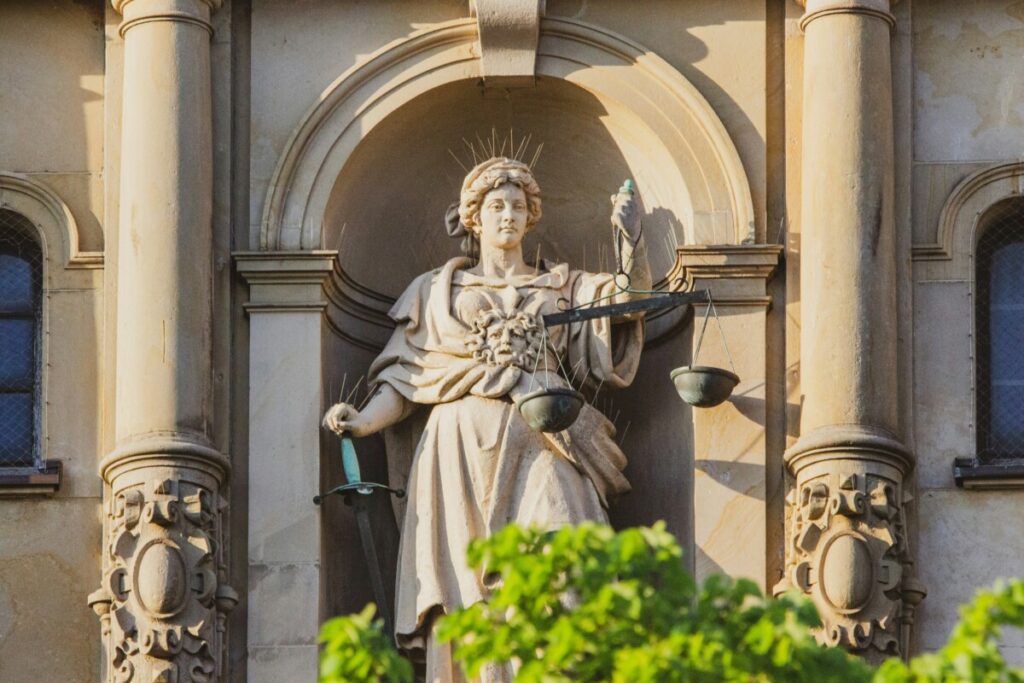
Sources: Photo by Philippe Oursel on Unsplash
1a. As a designer I have used other creative works such as photography, illustrations, etc. To maintain ethical standards, I keep records of all images, including links or sources. For images under Creative Commons licenses, I ensure proper attribution is given, respecting the creators’ rights and adhering to legal requirements. This practice not only upholds professional integrity but also fosters trust and reliability in my work.
Personally, I am very mindful of the images I use. I typically source images from royalty-free sites like Pexels, Unsplash, and PNGWing. Additionally, I purchase stock photos and assets from Freepik when needed. Such as my senior project where I will list all the sources I use in my reference page and give credit where credit is due.
2b. The Fairey Copyright Case centers around the “Hope” poster created by Shepard Fairey for Barack Obama’s 2008 presidential campaign. Fairey used a photograph taken by Mannie Garcia for the Associated Press (AP) without crediting Garcia or the AP, and he refused to pay the licensing fee. This led the AP to sue Fairey for copyright infringement. Fairey argued that he had altered the image enough to qualify as fair use, but the AP contended that the changes were insufficient and that the poster still retained the essence of Garcia’s photograph. The case was eventually settled out of court in 2011.
In my opinion, the Fairey Copyright Case is a crucial lesson for designers to avoid legal issues. It emphasizes the importance of giving credit where it’s due and obtaining proper licensing for the use of others’ works, especially to prevent being sued and engaging in a prolonged legal battle.
Resources:
“A Client’s Guide to Design: How to Get the Most Out of the Process” AIGA. (2001). PDF. New York City; Richard Grefé, AIGA.
“Guide to Copyright” AIGA. (2001). PDF. New York City; Richard Grefé, AIGA.


